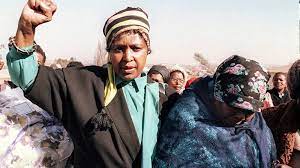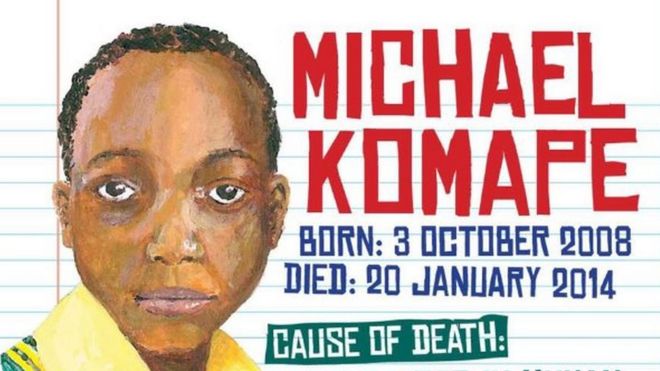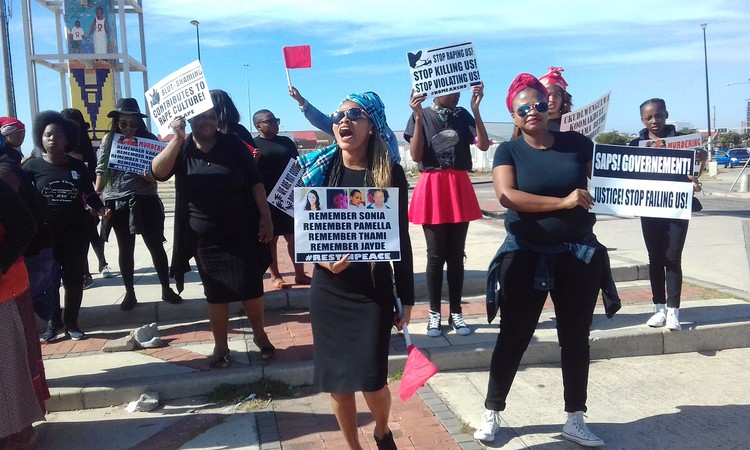
My first Feminism lesson:
So in the 80’s there was a famous Soweto Rape Gang called “Jackrollers”. They would go to discos’s parties and take women at gun point to sleep with them without their consent. So this particular day at my home which was a Shebeen run by mother, three women came running hiding themselves under the beds and behind wardrobes. My mother rushed to the door and I was right behind her. She was greeted by a gun from one of the Jackrollers who was demanding her to bring out the women that ran into the house. My mother’s response was NO.
The gang leader asked if my mom was willing to die for the women she did not know and the response from that Nkwanyana queen was .” It is unfortunate that they had to run into this house because even if I do not know them, but as a mother I am not willing to give them over to you just because you have a gun. Maybe if they went next door but they chose this house and that is unfortunate for you because your gun pointing at me will not let me hand them over to you”.
I was scared to death but later became strong after seeing this old woman who was standing up against a gang of rapists that have held the whole of Soweto at ransom.
For me that was feminism in action given by one and only Queen of my heart 90 years old Audrey Babhekile Nkwanyana- Magwaza.
This lesson will never go away, it has always been in my mind but most importantly in my heart.
(Photo Credit: Brand South Africa)









